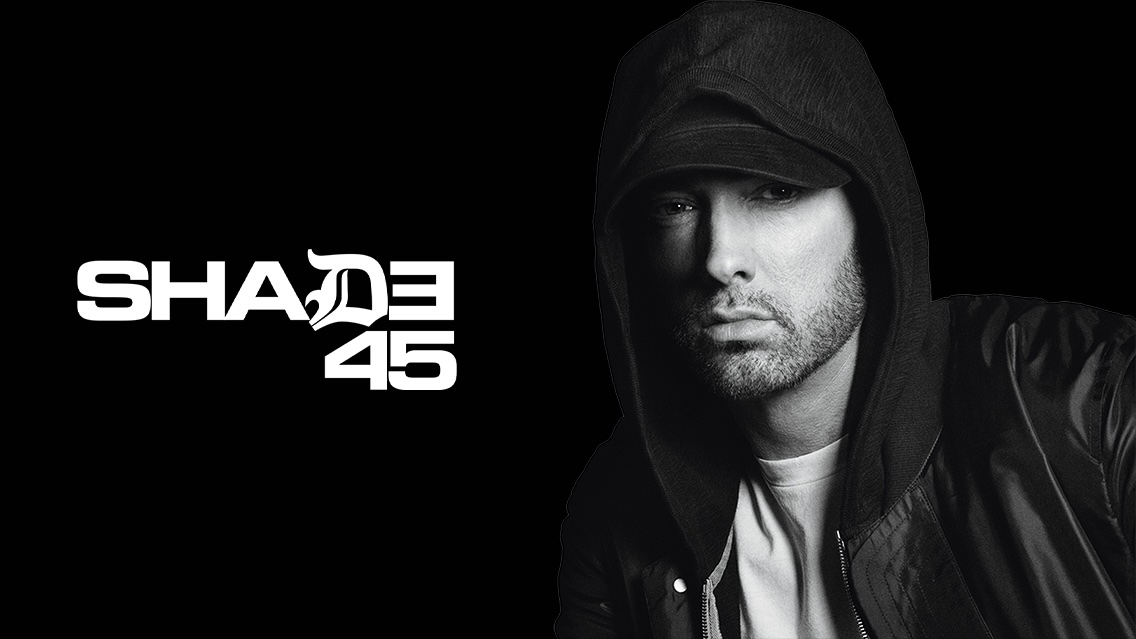Tether Surpasses $160B Market Cap as GENIUS Act Concerns Loom
The post Tether Surpasses $160B Market Cap as GENIUS Act Concerns Loom appeared on BitcoinEthereumNews.com. Key Notes Tether CEO Paolo Ardoino celebrated the achievement as proof of USDt’s utility for billions in emerging markets. The GENIUS act would mandate third-party reserve audits for all stablecoins operating in the United States. Congressional Republicans promised to support a July 17 vote on the bill after initially blocking bundled legislation. Tether USDT $1.00 24h volatility: 0.0% Market cap: $160.32 B Vol. 24h: $144.43 B surpassed a market capitalization of $160 billion on July 17. It remains the largest stablecoin by global market cap although landmark legislation before the US House of Representatives could pose a threat to its continuing dominance. The market achievement was hailed as a “mind-blowing milestone,” and described as “a statement of the unrivaled utility of USDt as the digital dollar for billions of people living in emerging markets and developing countries” by Tether CEO Paolo Ardoino in a post on X announcing the $160 billion mark. However, as Coinspeaker reported in May, a bipartisan effort to introduce cryptocurrency legislation in the US called the “GENIUS act” has swiftly made its way through Congress and stands to become the nation’s first comprehensive crypto regulation. The GENIUS act could have a harsh effect on stablecoins The GENIUS act is, essentially, a framework for regulating stablecoins in the US. If passed as written, it would require stablecoin providers to undergo third-party audits to demonstrate the validity of their reserves. Until such audits are successfully completed to the satisfaction of lawmakers, stablecoins would technically be unable to operate legally within the US. Efforts to pass the legislation stalled on July 16 after lawmakers failed to move a package containing three bundled pieces of legislation related to cryptocurrency and CBDC legislation including the GENIUS act, the CLARITY act, which defines how digital assets are classified under US law, and…

The post Tether Surpasses $160B Market Cap as GENIUS Act Concerns Loom appeared on BitcoinEthereumNews.com.
Key Notes Tether CEO Paolo Ardoino celebrated the achievement as proof of USDt’s utility for billions in emerging markets. The GENIUS act would mandate third-party reserve audits for all stablecoins operating in the United States. Congressional Republicans promised to support a July 17 vote on the bill after initially blocking bundled legislation. Tether USDT $1.00 24h volatility: 0.0% Market cap: $160.32 B Vol. 24h: $144.43 B surpassed a market capitalization of $160 billion on July 17. It remains the largest stablecoin by global market cap although landmark legislation before the US House of Representatives could pose a threat to its continuing dominance. The market achievement was hailed as a “mind-blowing milestone,” and described as “a statement of the unrivaled utility of USDt as the digital dollar for billions of people living in emerging markets and developing countries” by Tether CEO Paolo Ardoino in a post on X announcing the $160 billion mark. However, as Coinspeaker reported in May, a bipartisan effort to introduce cryptocurrency legislation in the US called the “GENIUS act” has swiftly made its way through Congress and stands to become the nation’s first comprehensive crypto regulation. The GENIUS act could have a harsh effect on stablecoins The GENIUS act is, essentially, a framework for regulating stablecoins in the US. If passed as written, it would require stablecoin providers to undergo third-party audits to demonstrate the validity of their reserves. Until such audits are successfully completed to the satisfaction of lawmakers, stablecoins would technically be unable to operate legally within the US. Efforts to pass the legislation stalled on July 16 after lawmakers failed to move a package containing three bundled pieces of legislation related to cryptocurrency and CBDC legislation including the GENIUS act, the CLARITY act, which defines how digital assets are classified under US law, and…
What's Your Reaction?




































